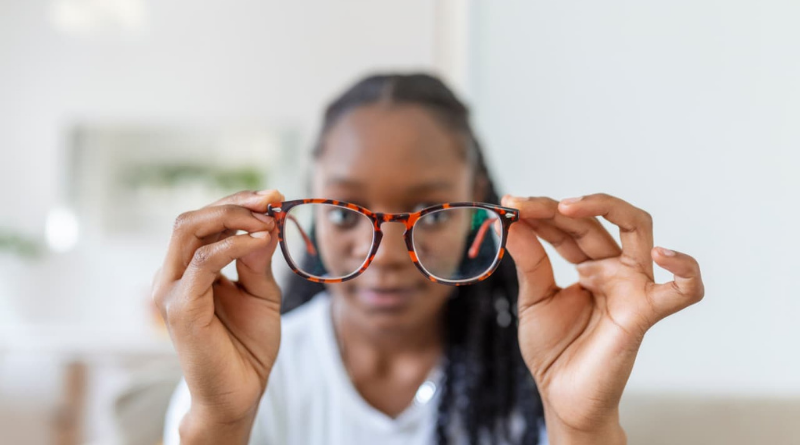Glaucoma now affecting younger adults, specialists caution
By Chemtai Kirui, Nairobi, Kenya,
Health experts are warning that cases of glaucoma are on the rise in Kenya and urging citizens to undergo regular eye check-ups to prevent avoidable blindness.
Glaucoma, often called the “silent thief of sight,” damages the optic nerve and can lead to irreversible vision loss if not detected early. The most common type, primary open-angle glaucoma, progresses slowly and often shows no symptoms until significant damage has occurred.

According to ophthalmologists, many patients in the country are diagnosed late — sometimes only after losing part of their vision.
“Glaucoma is often silent. Patients may not notice symptoms until it is advanced, by which time the damage is permanent,” said Dr. Shrikant Dalwadi, a cataract and glaucoma specialist based in Nairobi.
The Kenya Society of Ophthalmic Surgeons recommends annual screenings for adults over 40, as well as early testing for individuals with a family history of glaucoma, diabetes, or other risk factors.
While national data is limited, global research published in The Lancet Global Health estimates that 3.5% of adults over 40 are affected by glaucoma worldwide, with numbers expected to reach nearly 112 million people by 2040.
Doctors warn that the disease is increasingly being detected among younger adults in Kenya, some as early as 25 years old.
“Unlike a toothache that sends you to the dentist, glaucoma is painless at first, which is why so many patients come too late,” Dr. Dalwadi said.
Treatment cannot restore lost vision but can slow or stop further damage through medication, laser therapy, or surgery.
Specialists say that prevention depends on regular screenings, particularly for older adults and high-risk groups.
As the country’s population grows and lifestyles change, including more screen time, ophthalmologists warn that the country could see more cases of preventable blindness unless early detection improves.



